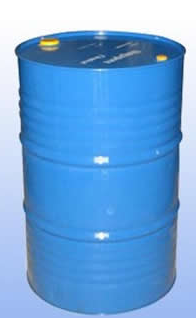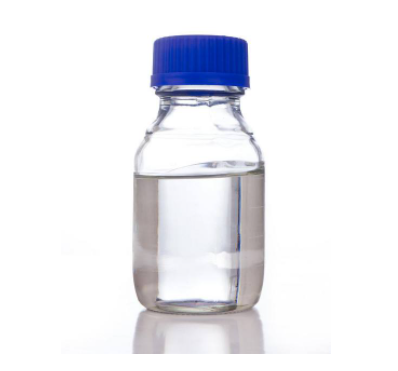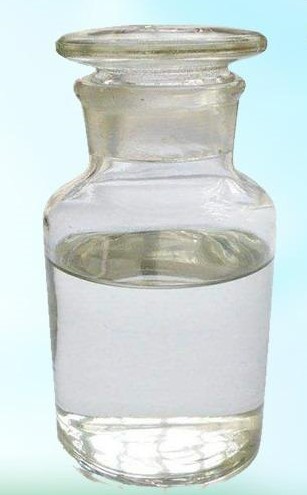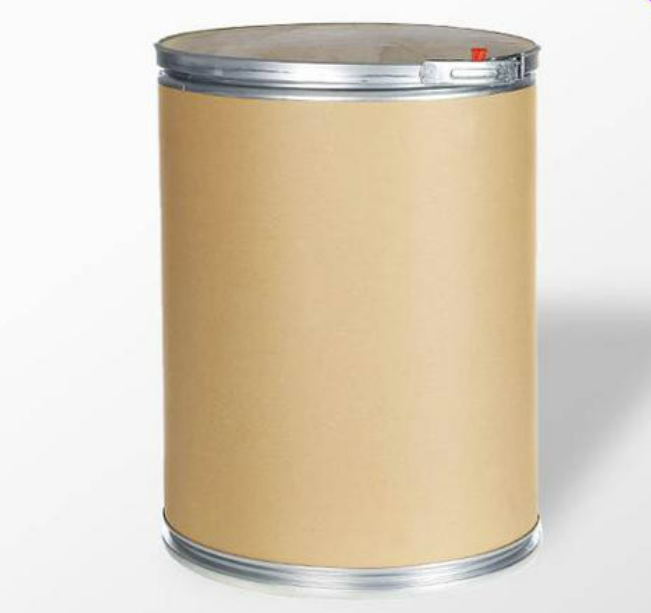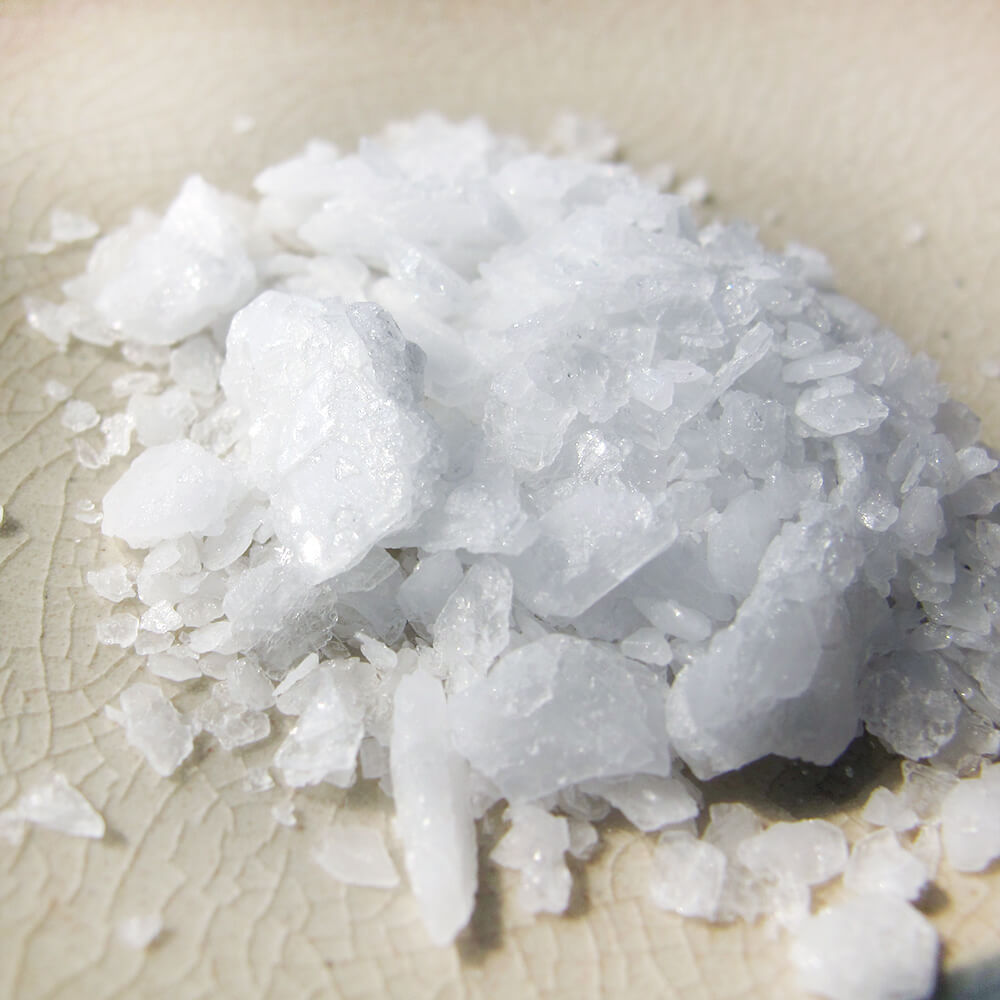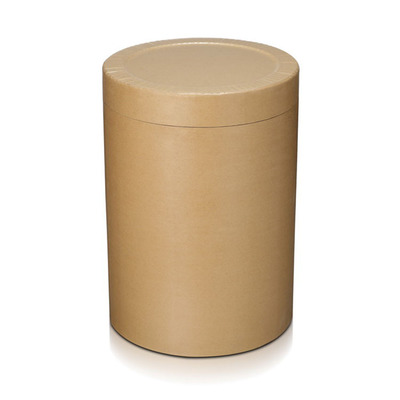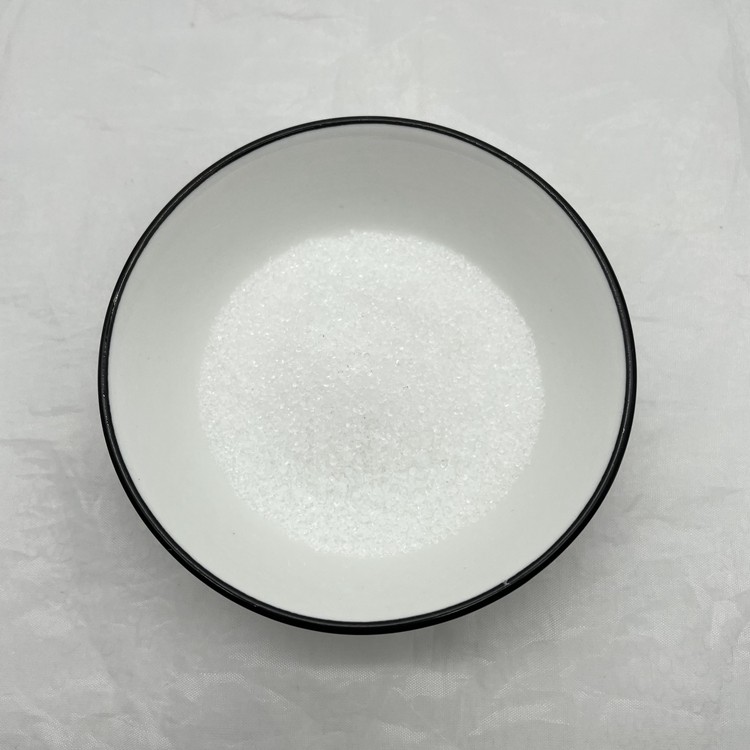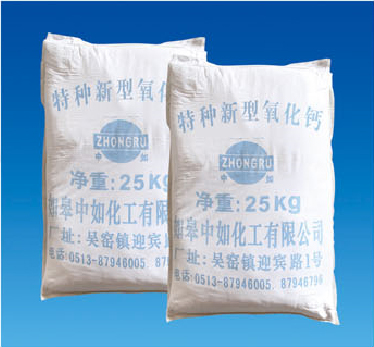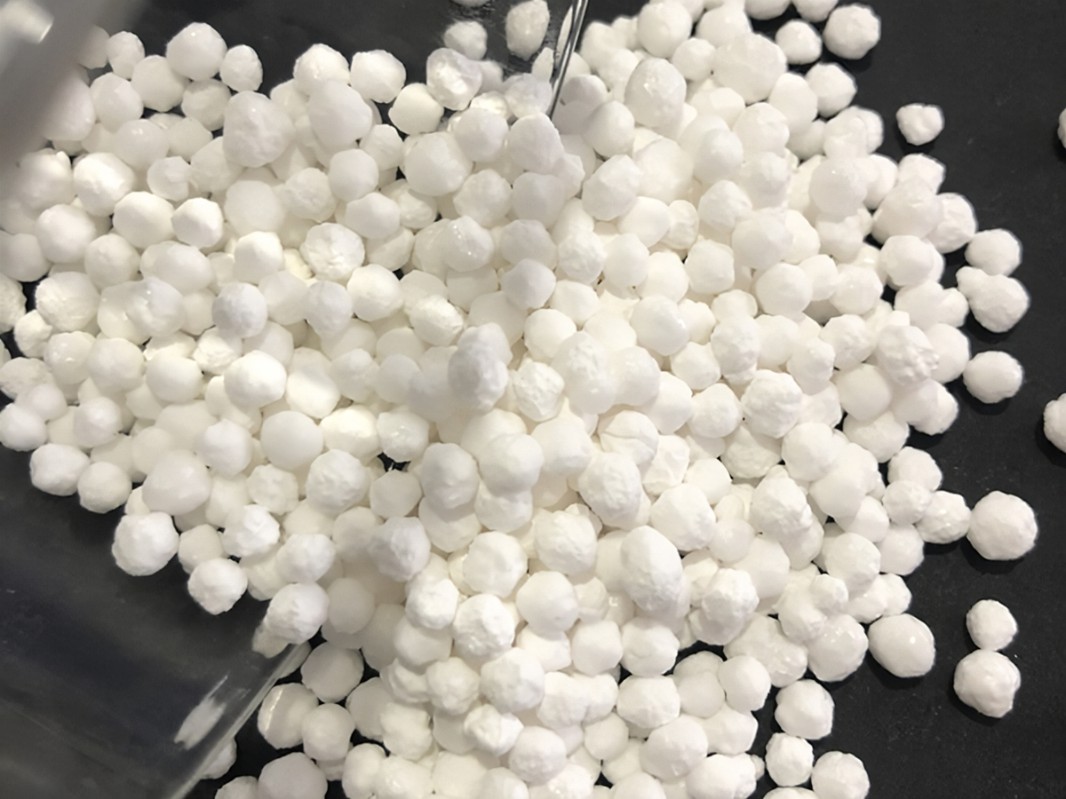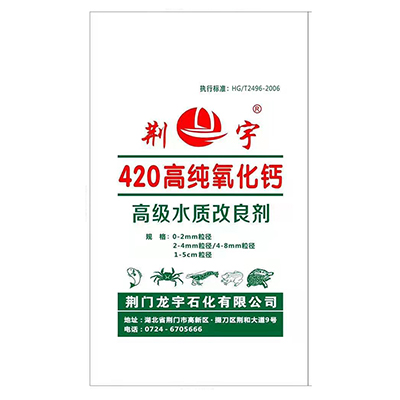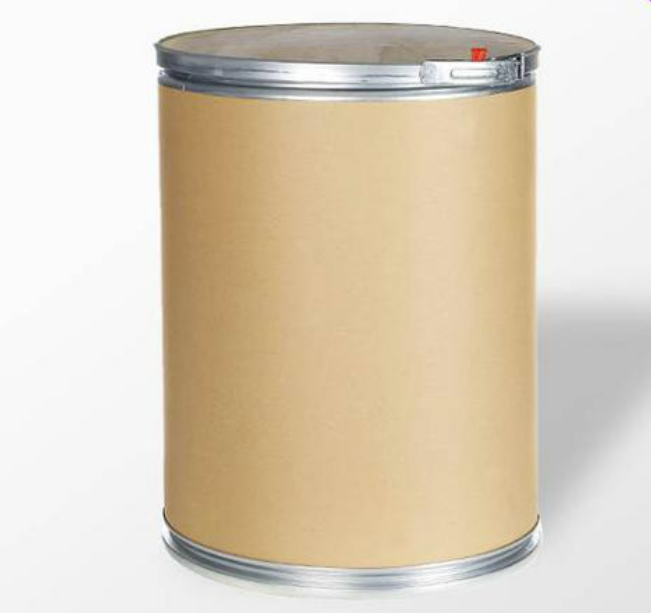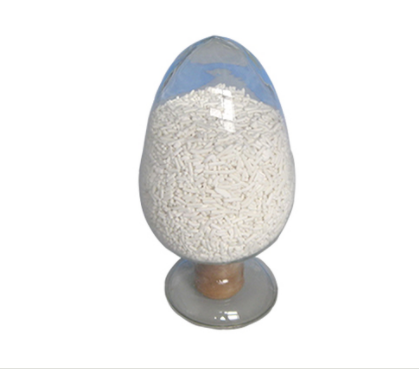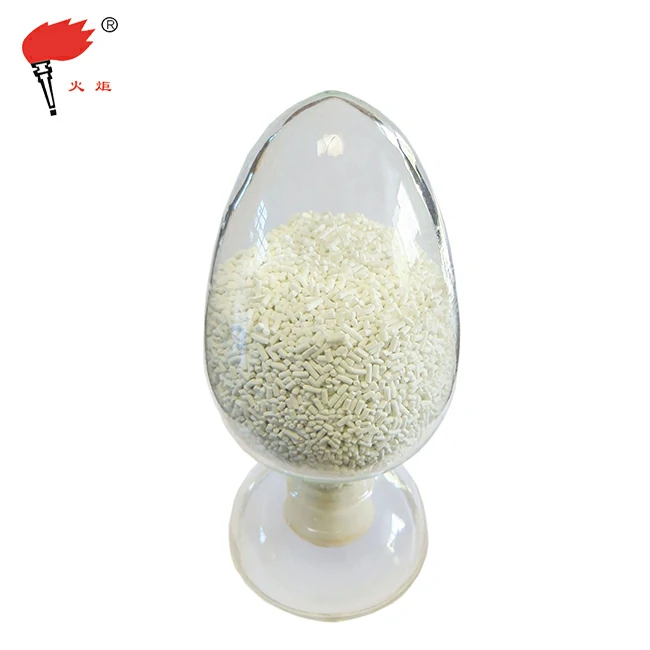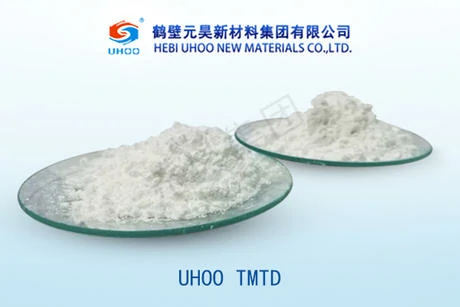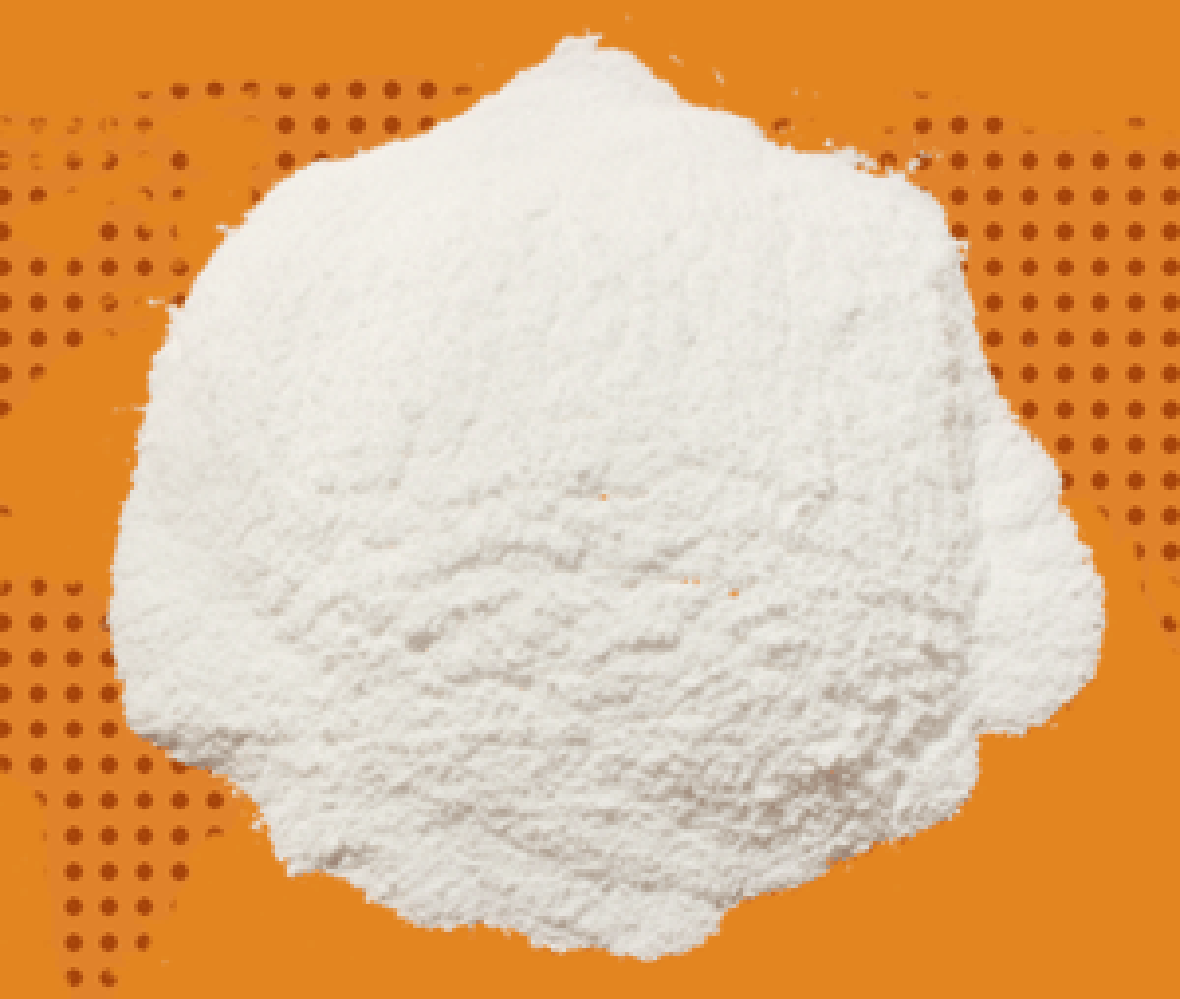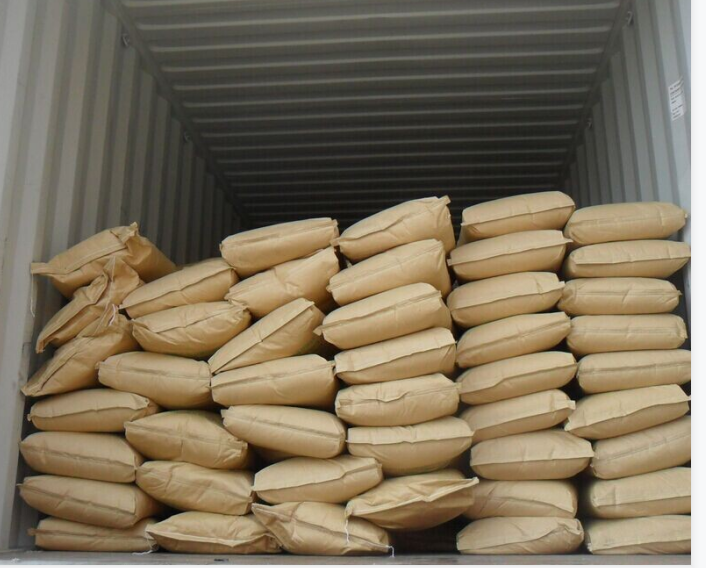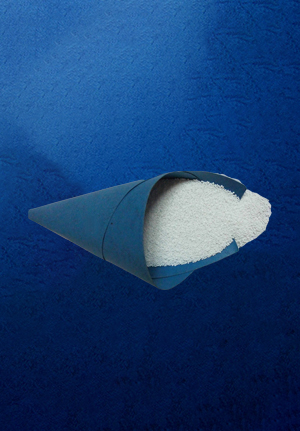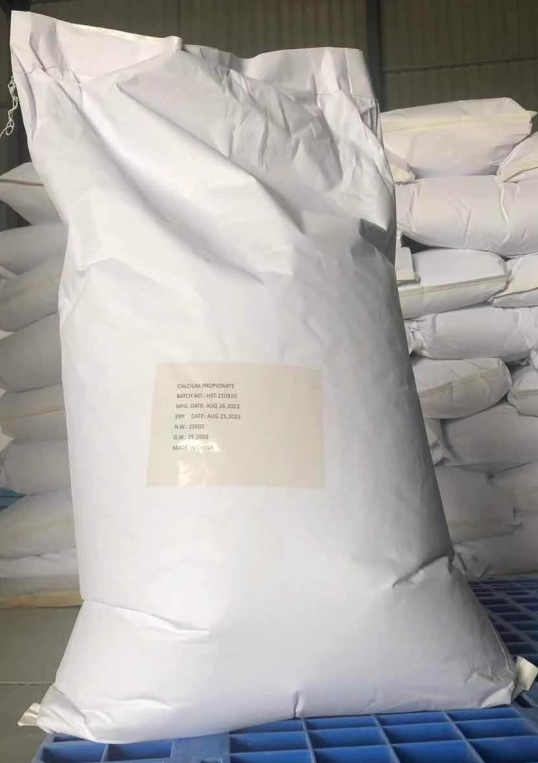Antioxidant
Other Auxiliary Agent
Petroleum Additives
Adsorbent
Water Treatment Chemicals
Rubber Additives
Adhesive Additives
Cross-Linking Agent
Flame Retardants
UV Absorbers
Organic Extractant
Resin Additives
Electronics Chemicals
Pesticide Additives
Building Chemicals
Plastic Additives
Oilfield Chemicals
Adhesive
Plastic Rubber Chemicals
Paper Additives
Molecular Sieve
Coating Additives
Textile Auxiliaries
Fluorescent Brightener
Polyethylene Glycol Derivatives
Coupling
Forest Chemicals
Leather Auxiliary Agents
Beneficiation Agents and Smelting Additives
Dye Auxiliaries
CAS:123-86-4
Molecular Formula:C6H12O2
Alias
More Information
Acetic Acid, Butyl Ester; N-Butyl Acetate; Butylacetat; Acetate De Butyle; Acetic Acid N-Butyl Ester; Acetic Acid Butyl Ester; Butanol Acetate; Acetic Acid,Butyl Ester; N-Butyl Ethanoate; Butyl Ethanoate; N-Butylacetateester; Essigsure-N-Butylester; BAC
Brief Introduction
Butyl acetate is a kind of carboxylic ester synthetic perfume, also known as butyl acetate. It is a colorless transparent liquid with strong fruit flavor. It can be freely miscible with ethanol and ether, soluble in most organic solvents, and slightly soluble in water. N-butyl acetate is a flavoring raw material for the preparation of fruit flavors such as bananas, pineapples, apricots, peaches and strawberries. It is also used in food, and is also used in natural gums, synthetic resins, nitric acid fibers, synthetic leather, photographic substrates, plastics, spices and pharmaceuticals.
Suppliers
View More Vendors (4) >
CAS:127-06-0
Molecular Formula:C3H7NO
Alias
More Information
N-Propan-2-Ylidenehydroxylamine; 2-Propanone, Oxime; Propan-2-One Oxime; N-Isopropylidenehydroxylamine; Propan-2-Oneoxime; Di Methyl Ketoxime; Labotest-Bb Lt00516122; Acetoxime; DMKO; 2-Propanone Oxime
Brief Introduction
Acetone oxime is white flake crystal at room temperature. It is easily soluble in water, alcohol, ether and other solvents. The saturated solubility of water solution is 25% (mass percent). Its water solubility is neutral. It is easy to hydrolyze in dilute acid. It can make potassium permanganate fade at room temperature. Acetone oxime is mainly used in industrial boiler feed water chemical deoxidizer. Compared with traditional boiler chemical deoxidizer, acetone oxime has the characteristics of less consumption, high efficiency, non toxicity and no environmental pollution. It is the best drug for shutdown protection and passivation treatment of subcritical boiler. It is also an ideal product to replace hydrazine and other traditional chemical deoxidizer in medium and high pressure boiler feed water.
Suppliers
View More Vendors (4) >
CAS:1305-78-8
Molecular Formula:CaO
Alias
More Information
Quicklime; Burnt Lime; Calcium Monoxide; Oxocalcium; Calciumoxide&nb; Calcination of Calcium; Flash-Setting Agent
Brief Introduction
It is used as building materials and metallurgical flux. It is the main raw material for the preparation of calcium hydroxide and various calcium compounds. It is also a cheap alkali in the chemical industry. It is widely used in pesticide, papermaking, food, petrochemical industry, tanning, wastewater purification and so on. It can also be used for drying ammonia in laboratory and alcohol dehydration.
Suppliers
View More Vendors (4) >
CAS:137-26-8
Molecular Formula:C6H12N2S4
Alias
More Information
Tetramethylthiuram Disulfide; Bis(Dimethylthiocarbamyl) Disulphide; Thiram (TMTD); Tetramethylthiuram Disulphide; 1,1'-Dithiobis(N,N-Dimethylthioformamide); TMTD; TMTD(TT); Rubber Vulcanizing Accelerator TMTD(TT); Thiuram; Tetramethyl Thiuram Disulfide; N1,N1,N3,N3-Tetramethyl-2-Dithioperoxy-1,3-Dithiodicarbonic Diamide
Brief Introduction
As a pesticide, this product is usually called fumeishuang. It is mainly used to treat seeds and soil and prevent cereal powdery mildew, smut and vegetable diseases. As a super accelerator of natural rubber, synthetic rubber and latex, it is usually called accelerator TMTD. It is the representative of thiuram vulcanization accelerator, accounting for 85% of the total amount of similar products. As a super accelerator of natural rubber, diene synthetic rubber, Ⅱ, R and EPDM, it is one of the most utilized. The vulcanization promoting force is very strong, but when there is no zinc oxide, it is not vulcanized at all.
Suppliers
View More Vendors (4) >
CAS:137-40-6
Molecular Formula:C3H5NaO2
Alias
More Information
Bioban-S; Propionate Sodium Salt; Propanoic Acid, Sodium Salt; Mycoban; Keenate; Sodium N-Propionate; Propionic Acid Sodium Salt; Spac; Propisol; Impedex; Deketon; Whit-Pro; Propion; Napropion; Sodiumpropanoate
Brief Introduction
Sodium propionate is an acid preservative, and its antibacterial effect is affected by pH. The mic was 0.01% at pH5.0 and 0.5% at pH6.5. In acidic medium, it has strong inhibitory effect on all kinds of mold, aerobic Bacillus or Gram-negative bacilli. It is effective to prevent the production of aflatoxin, but almost ineffective to yeast. As a preservative, sodium propionate is mainly used in food, feed and cosmetics. Sodium propionate is used as a masking agent in leather making to improve the alkali resistance and tanning uniformity of leather.
Suppliers
View More Vendors (4) >
Inquiry (
10
/ 10
)
Clear All
Sign In
Error!

